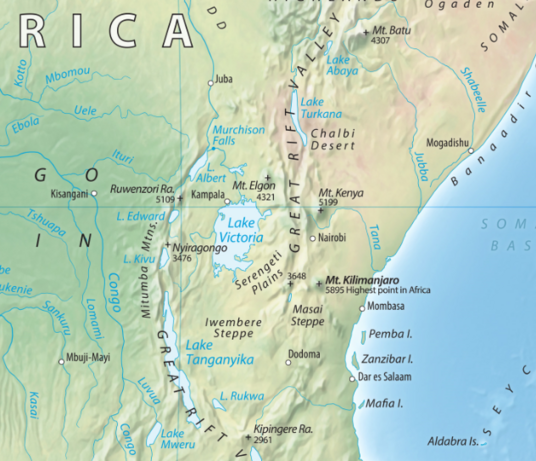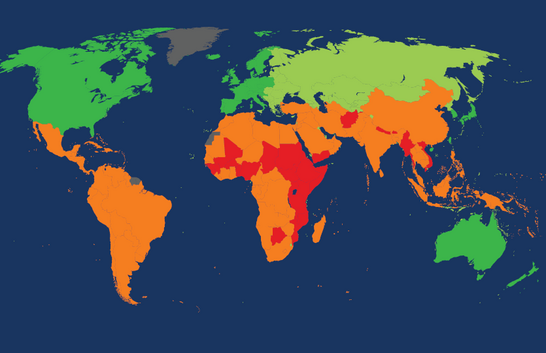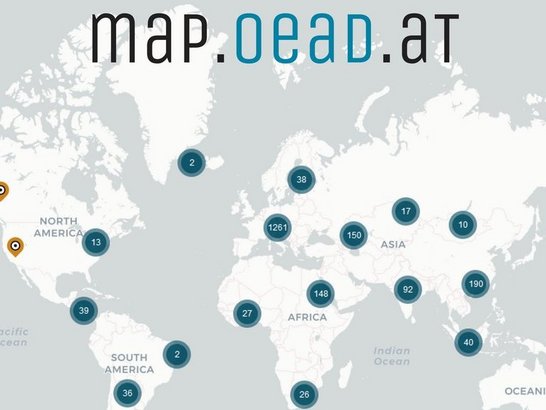
Project completed: P030_Kenya

Decoloniality of Research and Learning Methods in the Global South: A Transdisciplinary Book Project
Cooperating countries: Kenya and Austria
Coordinating institution: African Centre for Technology Studies (Kenya), Dr. Joel Onyango, j.onyango@acts-net.org
Partner institution: University of Natural Resources and Life Sciences, Vienna, (Austria) University of Innsbruck (Austria)
Project duration: 1 July 2021 - 30 June 2023
Budget: EUR 28.250
Abstract:
In the Global South, ‘coloniality’ has long been associated with political rule over subordinated countries . Struggles for ‘decoloniality’ have evolved from the undoing of colonial rule, to the even more fundamental challenge of freeing knowledge, practice, and culture from deeper worldwide concentrations of incumbent power. In keeping with the more expansive ambitions of the Sustainable Development Goals, a decolonisation framework thus encompasses some of the most profound and pervasive critiques of globalising structures and their conditioning effects in every setting . Accordingly, the neglected imperative to ‘decolonise methodologies’ in research and policy appraisal, embodies some of the most important and intractable challenges in this field – offering crucial opportunities for thinking, knowing, and doing alike. The aim of this book project is therefore to explore how methods for informing policy decisions and wider political debates can enable learning, enrich knowledge, enhance practice and nurture more emancipatory outcomes in the Global South. As such, the book equally addresses issues of epistemological theory, policy practice and wider politics. In the theoretical strand of discussion, the book explain how methods have been used to provide learning opportunities through critical pedagogies, scholarly activism, and transdisciplinary training. The practice strand explains how these theories have been put into use to engage, challenge, and shift prevailing power gradients. The wider political strand identifies crucial cross-cutting qualities in various relevant methods and explains how related attributes have – both as understanding and as practice – contributed to heuristics of decoloniality. Individual chapters variously centre on specific cases of critical pedagogy or subaltern epistemology that clearly demonstrate how these three aspects (theory, practice, politics) unfold for methodological decoloniality. The book argues that it is only by decolonising methodologies in this way, that crucial traction can be enacted to transform the Global South towards Sustainability.
Summary:
In the Global South, ‘coloniality’ had long been associated with political rule over subordinated countries. Struggles for ‘decoloniality’ evolved from the undoing of colonial rule to the even more fundamental challenge of freeing knowledge, practice, and culture from deeper worldwide concentrations of incumbent power. In keeping with the more expansive ambitions of the Sustainable Development Goals, a decolonization framework thus encompassed some of the most profound and pervasive critiques of globalizing structures and their conditioning effects in every setting. Accordingly, the neglected imperative to ‘decolonize methodologies’ in research and policy appraisal embodied some of the most important and intractable challenges in this field – offering crucial opportunities for thinking, knowing, and doing alike.
The aim of this book project was therefore to explore how methods for informing policy decisions and wider political debates could enable learning, enrich knowledge, enhance practice, and nurture more emancipatory outcomes in the Global South. As such, the book equally addressed issues of epistemological theory, policy practice, and wider politics. In the theoretical strand of discussion, the book explained how methods had been used to provide learning opportunities through critical pedagogies, scholarly activism, and transdisciplinary training. The practice strand explained how these theories had been put into use to engage, challenge, and shift prevailing power gradients. The wider political strand identified crucial cross-cutting qualities in various relevant methods and explained how related attributes – both as understanding and as practice – contributed to heuristics of decoloniality.
Individual chapters variously centered on specific cases of critical pedagogy or subaltern epistemology that demonstrated how these three aspects (theory, practice, politics) unfolded for methodological decoloniality. The book argued that it was only by decolonizing methodologies in this way that crucial traction could be enacted to transform the Global South towards sustainability. The project was led by the African Centre for Technology Studies (ACTS), in collaboration with the University of Innsbruck (UIBK) and the University of Natural Resources and Life Sciences (BOKU).
